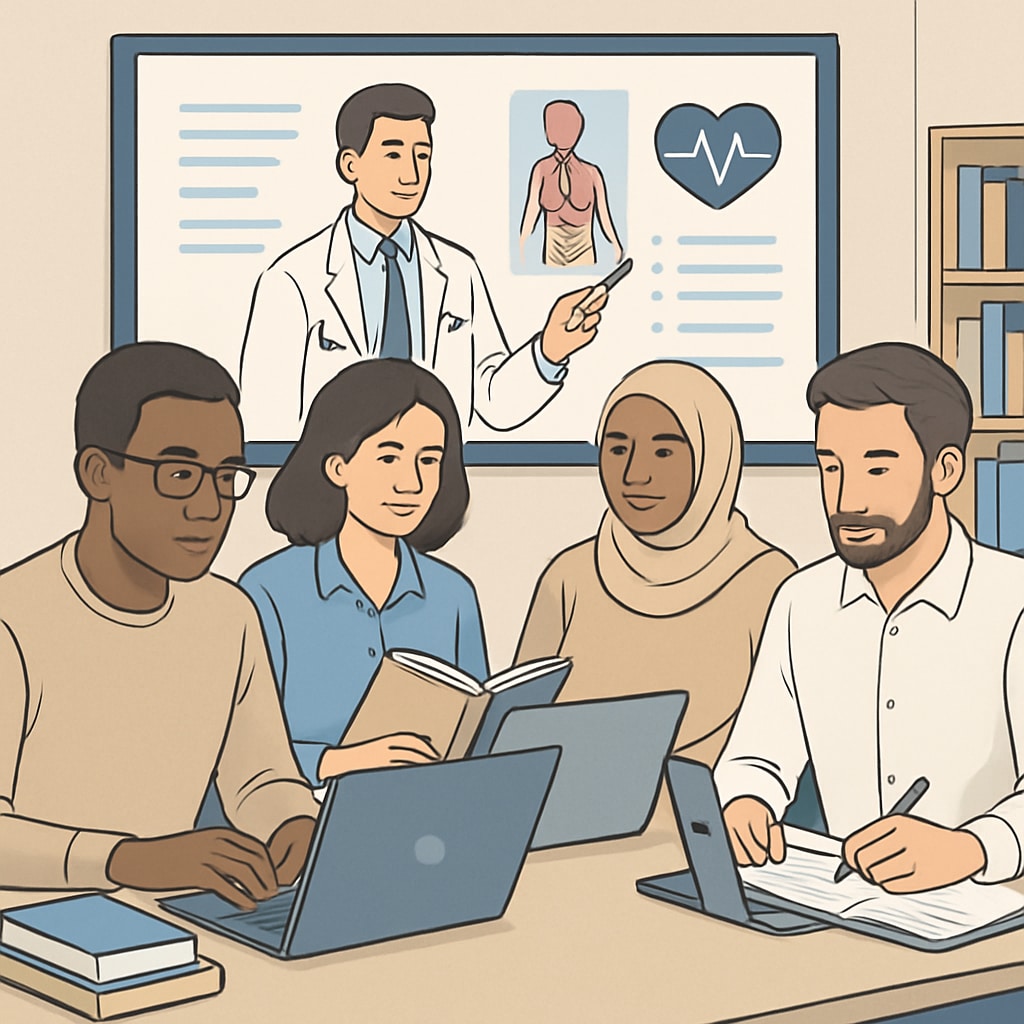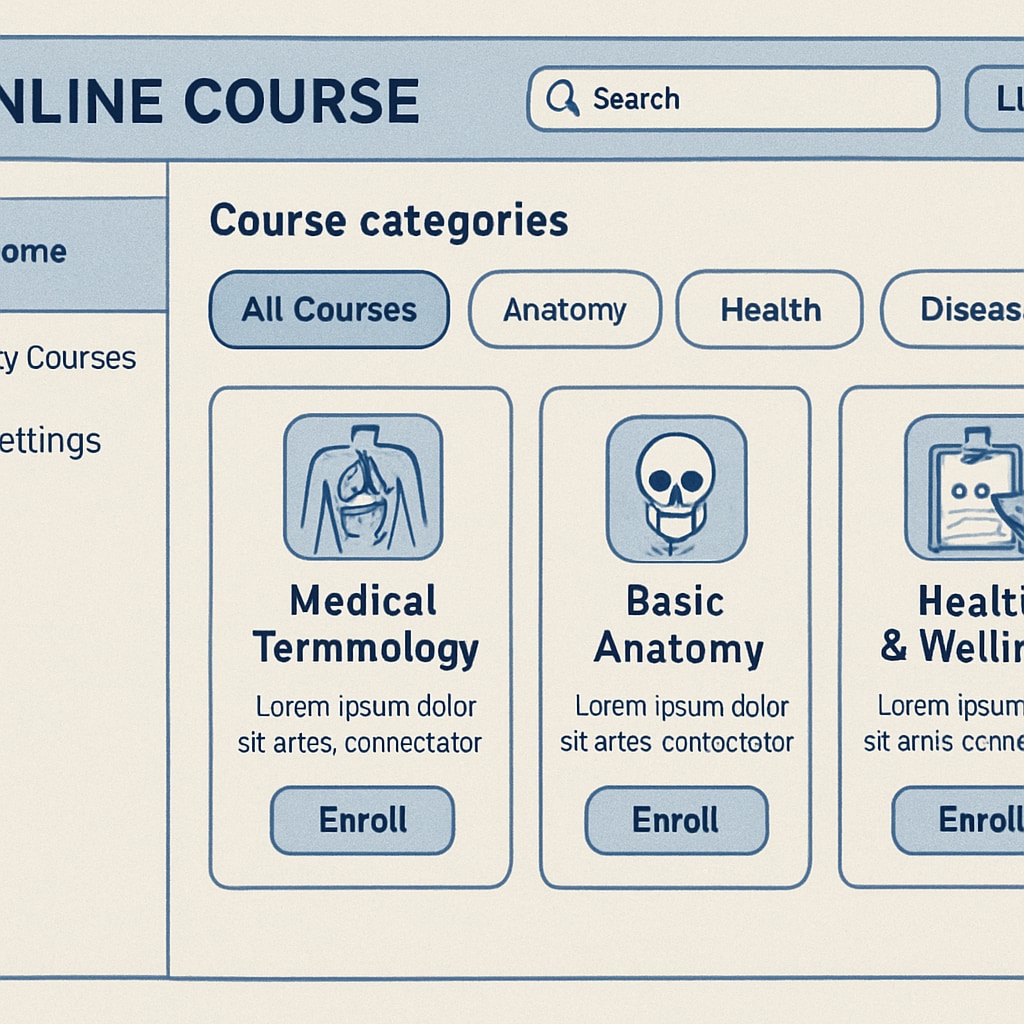In recent years, the demand for accessible medical education among non-medical professionals has surged. With growing health awareness and interest in understanding complex medical topics, many individuals without medical backgrounds are exploring online courses and other resources to enhance their knowledge. However, navigating medical learning as a layperson can be challenging due to the divide between overly technical content and simplified information that lacks depth. This article provides practical strategies and curated resources to help non-medical learners bridge this gap and gain meaningful insights into the world of medicine.
Why Non-Medical Learners Seek Medical Education
The motivations for non-medical learners to pursue medical education vary widely. Some individuals are caregivers looking to better understand diseases affecting loved ones, while others are professionals in adjacent fields such as technology, law, or business who need medical knowledge to collaborate effectively with healthcare teams. Additionally, there is a growing trend of personal development enthusiasts seeking medical education to make informed decisions about their own health and well-being.

Strategies to Approach Medical Education as a Non-Medical Learner
For non-medical learners, adopting a tailored approach to studying medicine can make the process more effective and engaging. Here are some strategies:
- Start with foundational topics: Begin with basic anatomy, physiology, and medical terminology to build a strong foundation before diving into complex subjects.
- Utilize multimedia resources: Interactive videos, podcasts, and infographics can simplify difficult concepts and make learning more engaging.
- Enroll in beginner-friendly online courses: Platforms like Coursera, edX, and Khan Academy offer introductory medical courses designed for non-medical audiences.
- Read reputable publications: Explore trusted sources like the Britannica Medicine Overview or PubMed Central for high-quality medical articles.
- Join discussion forums: Online communities such as Reddit’s r/AskScience or specialized health forums can provide peer support and answers to questions.
Top Resources for Medical Education
Here are some trusted resources where non-medical learners can access reliable medical education:
- Online platforms: Websites like Coursera and edX feature courses led by top universities. For example, Harvard’s “Fundamentals of Neuroscience” is an excellent starting point.
- Podcasts: Podcasts like “The Undifferentiated Medical Student” simplify medical topics for general audiences.
- Books: Titles like “The Language of Medicine” by Davi-Ellen Chabner cover medical terminology in an accessible format.
- Apps: Mobile apps such as “Complete Anatomy” provide interactive models and tutorials for visual learning.

Overcoming Challenges in Medical Learning
Non-medical learners often face barriers such as unfamiliar jargon or overwhelming amounts of information. To overcome these challenges:
- Set clear goals: Define specific reasons for learning medical topics to stay focused and motivated.
- Ask for expert guidance: Seek advice from professionals or educators to clarify difficult concepts.
- Use study aids: Flashcards, quizzes, and spaced repetition tools can reinforce learning effectively.
By following these strategies and utilizing tailored resources, non-medical learners can unlock valuable medical knowledge and apply it confidently in their personal and professional lives.
Readability guidance: Use concise paragraphs and structured lists to simplify complex topics. Introduce medical terms gradually with brief explanations to ensure accessibility for beginners.


